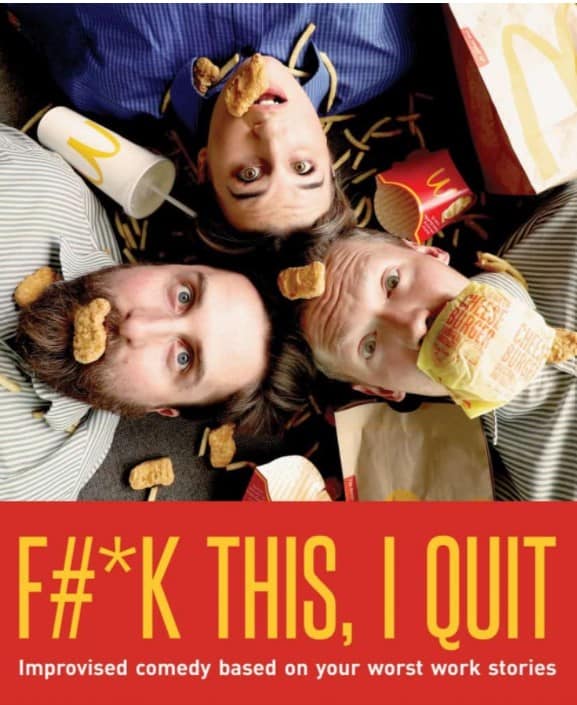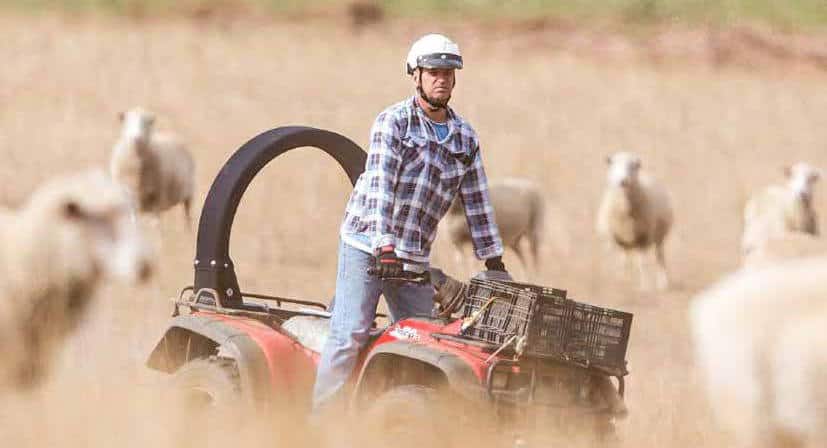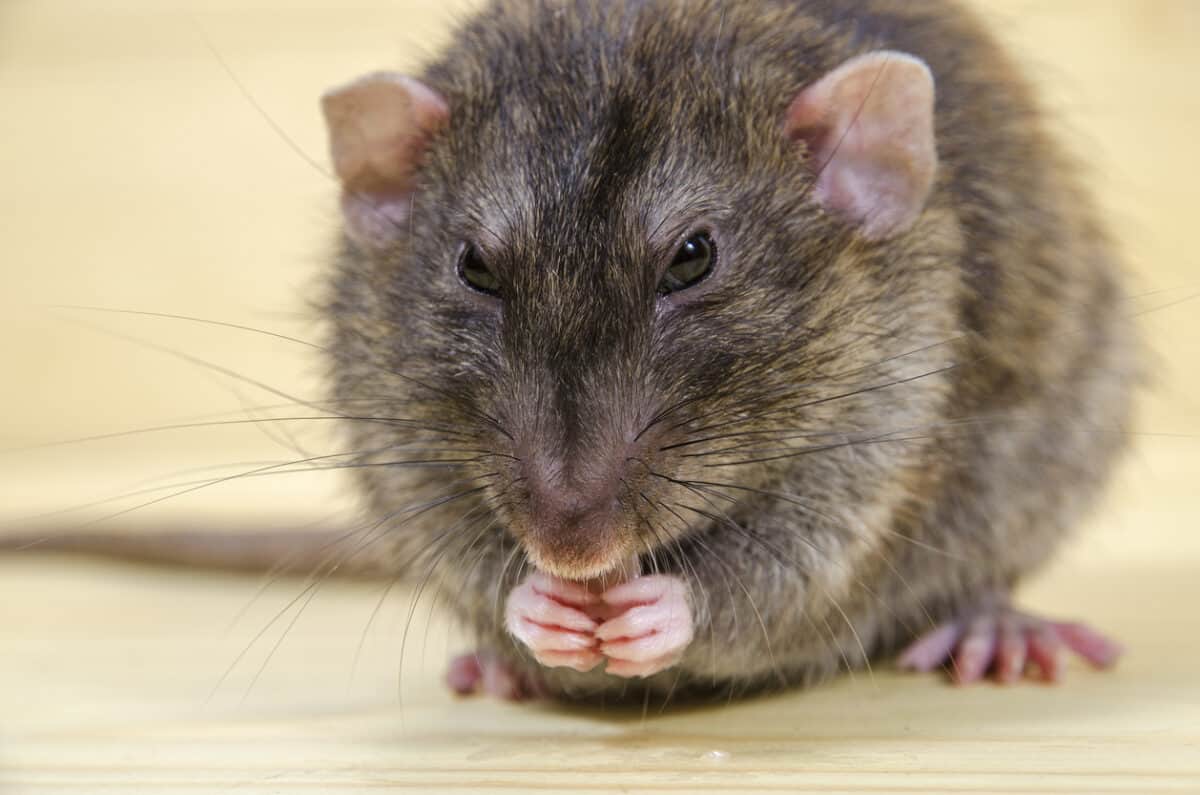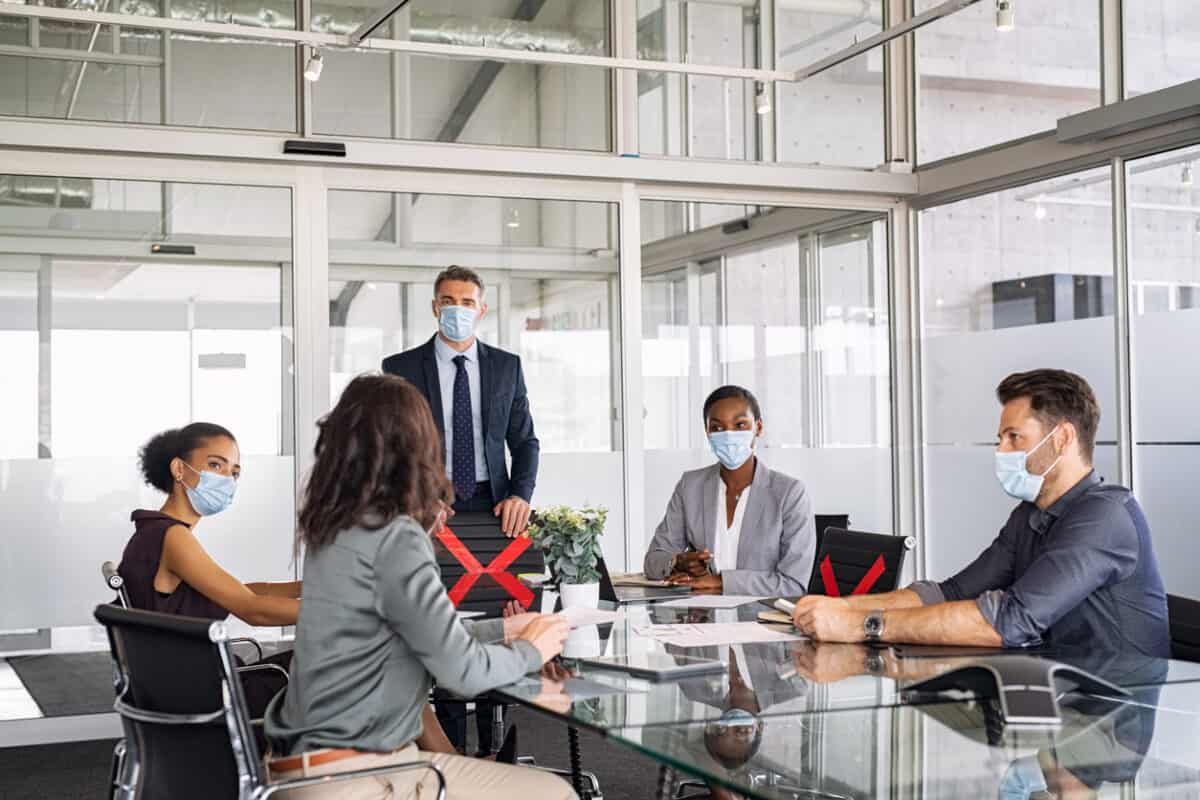This week Forbes magazine included a peculiar article about Australian occupational health and safety (OHS) headed “If You Think Managing Worker Health And Safety Is Expensive, Try An Accident“. The article written by Susan Galer includes several curious perspectives and mentions industrial manslaughter (IM).
Category: change
Safety is less of a joke but still struggles for credibility

In a SafetyAtWorkBlog post from early 2008, “Is OHS a Joke?“, I included an example of the misunderstanding of occupational health and safety (OHS) by a supermarket worker. This echoed some of the myths being busted by the United Kingdom’s Health and Safety Executive. OHS is less of a joke in 2010, but only just. HSE’s myth-busting campaign was suspended in 2018, but OHS may face a more significant challenge than ridicule, its credibility. The application of OHS laws is gradually eroding the “occupational” from the “health and safety”, and the social ripples of this change are only just being acknowledged.
OHS remains the bastard child of HR and IR
There continues to be a competitive tension in Australia between the professions (if they are professions) of Human Resources (HR) and Occupational Health and Safety (OHS). This has been most obviously on display in relation to sexual harassment and the psychological harm that results.
Recently Marie Boland, about to be the 2021 Residential Thinker at the University of South Australia, spoke about this tension and much more in an online lecture about “HR: A Human Resources or a Human Rights approach to work health and safety“. At that lecture, Boland said that she pins her hopes for improvement on the new Work Health and Safety Regulations because
Quad bikes, compliance, mandates, misdirection and rules
Last week it became illegal for a new or second-hand quad bike to be sold in Australia without a crush protection device (CPD) fitted at the point of sale. This achievement has been decades in coming and has involved bitter fighting between advocates of safety and the sellers and manufacturers of this equipment.
This blog has followed this controversy for years. Quad bike safety is a significant illustration of the political and commercial pressures that have argued for a lowered level of safety than was possible. This conflict is perhaps the most public display of a moral conflict whose resolution is at the heart of occupational health and safety (OHS). (This controversy deserves a book similar to those about glyphosate and asbestos)
We should give a fat RAT’s clacker about COVID-19 testing
Australia’s strategy for combatting the COVID-19 pandemic is almost entirely based on vaccinations. The supplementary control measures of increased ventilation, social distancing, mask-wearing and hygiene are still vitally important but have dropped off the radar a little in the rush to maximise the number of vaccinated citizens and workers. One of the measures not currently listed on the Safe Work Australia COVID-19 website (at the time of writing) is rapid antigen testing (RAT), even though this screening method is integral to reopening businesses in the United States.
RAT has started to appear in Australia. It is a valuable tool, but it is not a replacement for the medical PCR test, and there are administrative considerations that affect the occupational health and safety (OHS) management of COVID-19.
No psych regulation in Victoria until mid-2022
The Victorian Government has pledged to introduce regulations to address psychological risks in workplaces. According to a second consultation paper on psychological health regulations, seen by SafetyAtWorkBlog, the consultation process continues but has been extended, so the new regulations are unlikely before the middle of 2020. This extension would seem a little unnecessary given the work on this hazard already from Safe Work Australia and SafeWorkNSW.
Job insecurity and OHS solutions
As well as featuring in a workplace psychology podcast Professor Tony LaMontagne spoke at the current Senate Select Committee on Job Security in Australia and made a submission that provides evidence of the connection between job insecurity and poor mental health. This strengthens the argument that the prevention of mental health at work (and maybe elsewhere) could be more sustainably achieved by structural and economic policies and practices outside of the direct control of employers.
LaMontagne’s submission (written with Dr Tania King and Ms Yamna Taouk) says:






